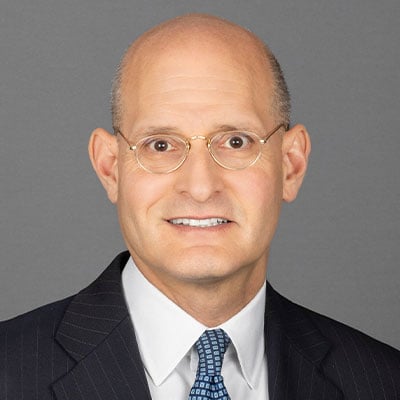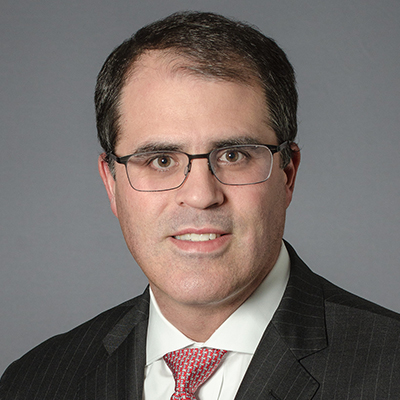ITC Takes Up Samsung Claims Over Ericsson 5G Imports
The U.S. International Trade Commission announced it is looking into allegations that Ericsson's imports infringe Samsung patents, the latest development in an escalating dispute between the two wireless communications giants.
The ITC on Monday agreed to investigate the dispute, which stems from failed licensing negotiations between the companies and will examine whether Ericsson imported 5G network equipment in violation of the Tariff Act of 1930. Samsung alleged in a January complaint that Ericsson's Street Macro base stations, which provide coverage to cellphone users, infringe several of its patents.
Samsung seeks to block Ericsson from importing the allegedly infringing goods because the imports violate Section 337 of the Tariff Act.
The claims came immediately on the heels of a complaint Ericsson lodged against the rival tech giant, urging the ITC to investigate certain Samsung devices with wireless connectivity. The suit was followed a week later with another Ericsson complaint seeking to block imports of Samsung's 5G products.
The ITC agreed to look into Ericsson's allegations last week.
The two companies are sparring over a cross-license for patents that have been declared essential to 4G and 5G wireless standards. In advance of the deal's expiration, the companies unsuccessfully sought to negotiate a new one.
ITC Secretary Lisa R. Barton said in a notice Monday that the commission will look at claims that imports of Ericsson's 5G networking equipment infringe four Samsung patents.
In addition to claims that Ericsson's Street Macro base stations infringe its patents, Samsung accused the company of inducing infringement by network service providers that deploy the allegedly infringing products.
The complaint pointed to Ericsson's contracts with 5G providers, including AT&T, Verizon and Sprint, to install 5G network base station equipment as evidence of ongoing infringement.
Ericsson's counter attempt to block imports of Samsung 5G wireless network products alleged that many of the South Korean tech giant's products infringe four of its own patents.
The spate of ITC complaints is playing out alongside a battle in federal court and internationally.
Ericsson filed suit against Samsung in Texas, claiming the company refused to accept a licensing rate for patents essential to wireless standards that was fair, reasonable and nondiscriminatory, or FRAND. The Stockholm-based company accused Samsung of threatening to only cross-license its patents if Ericsson accepted a lower rate.
The Wuhan Intermediate People's Court of China handed Samsung an injunction prohibiting courts elsewhere from litigating the issue and Ericsson has asked a federal district judge to block enforcement of that ruling.
The case has drawn competing declarations from former Federal Circuit chiefs. Former Federal Circuit Chief Judge Paul Michel on Tuesday backed Ericsson's request to have a Texas court bar Samsung from enforcing a Chinese court order requiring the companies' standard-essential patent dispute to be heard in Wuhan. His Federal Circuit successor Randall Rader filed a declaration in January supporting Samsung and stating he fully trusts the Chinese courts to handle the dispute.
Counsel for Ericsson declined to comment. Counsel for Samsung did not respond to requests for comment on Tuesday.
The patents-in-suit are U.S. Patent Nos. 9,521,616; 10,797,405; 9,041,074; and 9,736,772.
Samsung is represented by Paul F. Brinkman, Edward C. Donovan, Christopher Mizzo, Gregory A. Arovas and Todd M. Friedman of Kirkland & Ellis LLP; Kevin Hardy and Thomas D. Pease of Quinn Emanuel; and Paul Zeineddin of Axinn Veltrop & Harkrider LLP.
Ericsson is represented by Thomas Jarvis and Louis Campbell of Winston & Strawn LLP and Steven Anzalone and Michael Murray of Fisher Broyles LLP.
The case is In the Matter of Certain Wireless Communications Equipment, investigation number 337-TA-1247, before the U.S. International Trade Commission.





